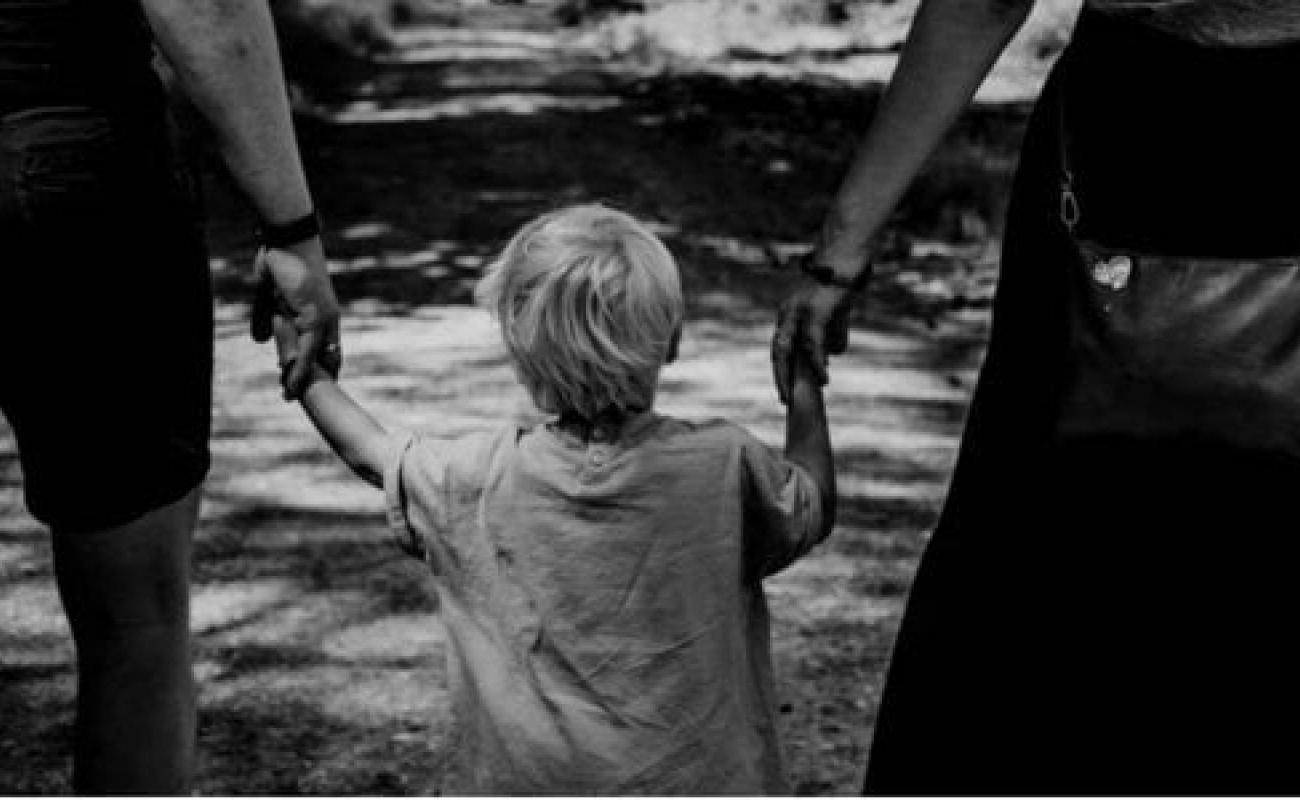Ukraine’s missing can be found – opinion

Ukraine has a fund of scientific expertise and administrative capacity to account for missing persons, but the system was never designed to cope with the tens of thousands of cases that have arisen as a result of the Russian invasion.
The experience of other countries shows that with political will and even in the most difficult circumstances an effective system to account for large numbers of missing persons can be established: evidence can be gathered, and missing persons can be located and reliably identified. Such a system will make it possible for families to learn the truth about the fate of their loved ones. It will also play an important role in maintaining the integrity and credibility of institutions, and in ensuring that evidence gathered in missing persons investigations can be used in future war crimes prosecutions.
Yesterday in Kyiv, the International Commission on Missing Persons (ICMP) will host the first in a series of roundtables designed to help augment Ukraine’s existing processes to account for persons who have gone missing as a result of the invasion, and to do this in a sustainable way. Today’s discussion will focus on strengthening institutional and legislative capacities. A roundtable in Warsaw next month will focus on DNA-led mass identification, and another roundtable in The Hague will examine steps that can be taken to identify illegally deported children and reunite them with their families. Follow-on meetings will be organized later in the year.
Targeted and constructive discussion of key strategic issues is an essential step in building the national consensus that is required to sustain an effective missing persons process. The strategy must have the agreement and understanding of all the relevant institutions and the active support of civil society, including families of the missing. These roundtables will produce practical recommendations that can be circulated among government institutions and international and other organizations.
As a treaty-based intergovernmental organization with Headquarters in The Hague, ICMP does not attempt to take of the role of national institutions – it works with them to identify gaps where it can provide expertise and resources.
Today, I met with Interior Minister Ihor Klymenko to discuss ways in which ICMP can expand the assistance it is already providing to Ukraine. At the conclusion of the meeting, Minister Klymenko and I signed a Memorandum of Cooperation. Memoranda have previously been signed with the Ministry of Justice, the Ministry of Health, the Prosecutor’s Training Center, and the Main Investigative Department of the National Police.
ICMP has prepared a Five-Year Strategy to help develop Ukraine’s technical and scientific capacity, to support the meaningful participation of civil society, to facilitate intergovernmental and in-country cooperation, and to help strengthen institutional capacity and the legislative framework. We believe this can serve as a framework for developing practical responses.
Above all, we hope that the work we are doing with our Ukrainian partners will help to secure truth and justice for families of the missing and for Ukrainian society as a whole. This is a long and challenging process, but ICMP has shown in other countries around the world that have experienced conflict that it is a process that can succeed through methodical and resolute effort.
